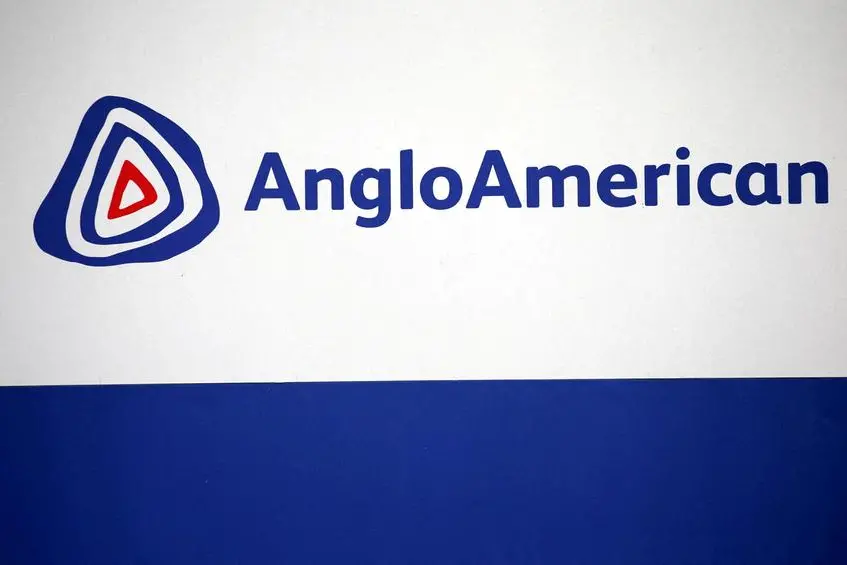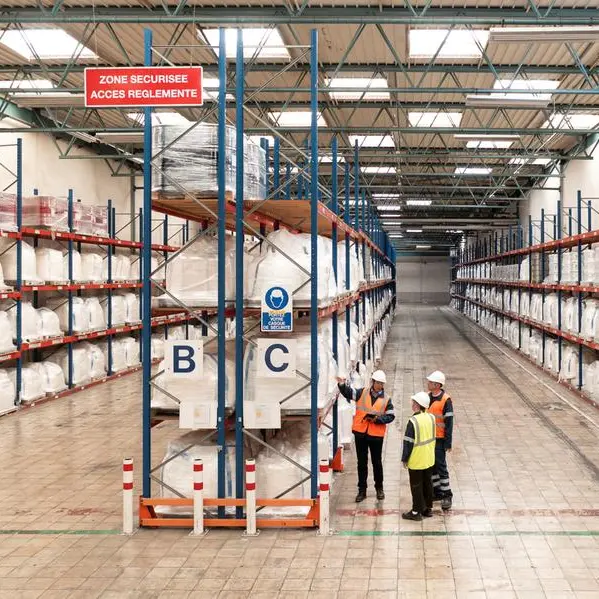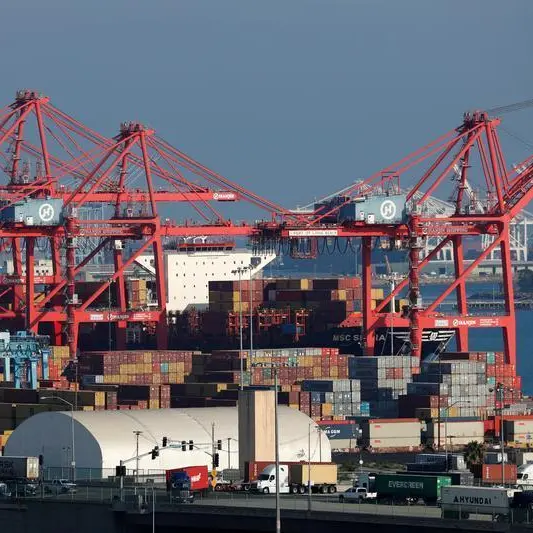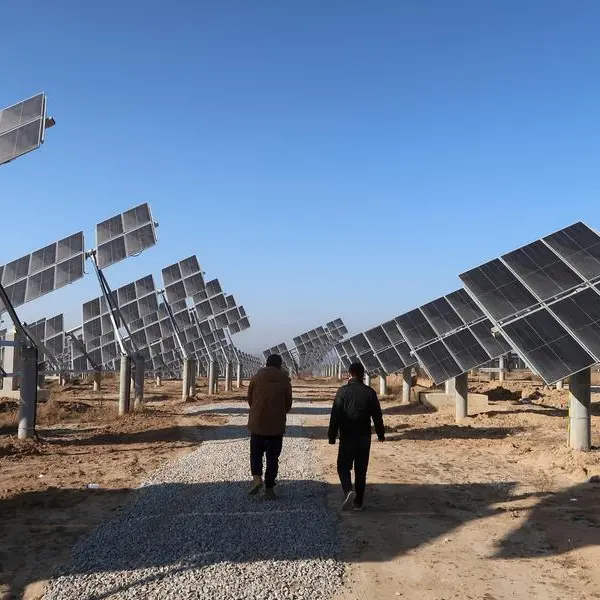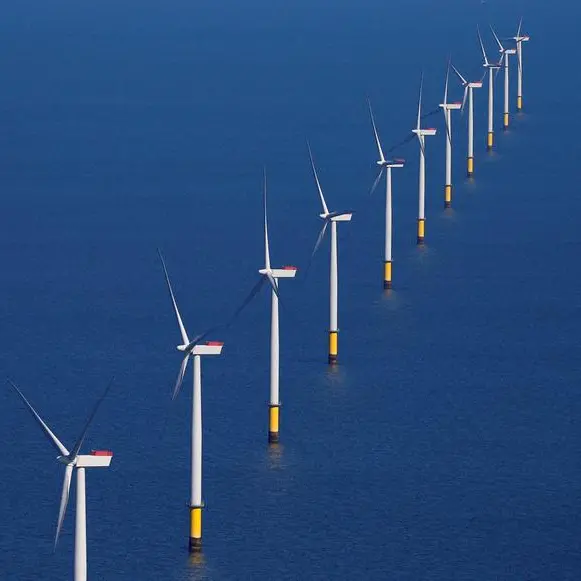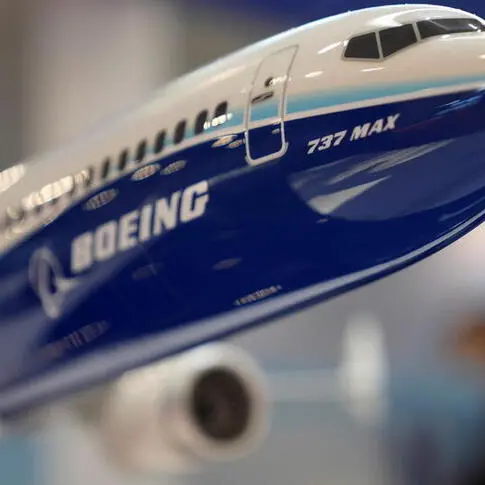PHOTO
LONDON/JOHANNESBURG - BHP's resolve to add more copper to its portfolio will be tested by Anglo American investors' demands for a simpler offer for the whole company or a cash sweetener to clinch a deal that could become the biggest in mining history.
Anglo on Wednesday gave BHP, the world's biggest listed miner, additional time to present a binding offer, after rejecting three takeover proposals which it said undervalued the company and would be difficult to execute.
The one-week window offers BHP another shot at beating Anglo CEO Duncan Wanblad's restructuring plan by convincing those concerned about the value and structure of the deal, investors and analysts told Reuters.
The Australian miner is battling to secure Anglo's world class and longer-life copper assets in Latin America. Still, the complicated structure of its deal, pushback from the Anglo board and investors' demands for a bigger payout, will test how far it's willing to go to get the assets, they say.
BHP's deal initially offered Anglo investors the prospect of an early payout compared to their own company's break-up plan, but investors are starting to poke holes in BHP's asset portfolio and how much it needs to build its copper business.
"(BHP) wants to reposition its portfolio sooner rather than later or it will get priced out of future deals as its paper will be too poorly rated," said Ian Woodley, a portfolio manager at Old Mutual which holds shares in both companies.
"BHP probably thought it had found a way to get Anglo's copper at a fair price by getting Anglo to jettison its poison pills rather than having to clean up the structure itself, but that hasn't really worked so far."
Anglo rebuffed BHP's offers three times within a month, including the last revised offer, which valued it at 29.34 pounds per share or 38.6 billion pounds ($49.05 billion). Anglo has itself outlined a plan to divest its less profitable coal, nickel, diamond and platinum units to focus on expanding copper output to more than 1 million tons in a decade.
At stake are Anglo's giant Colluhuasi, Quellaveco and Los Bronces mines in Chile and Peru, whose rich copper deposits make them longer life assets. The three mines are expected to produce about 532,000 tons of copper this year.
Analysts at Macquarie forecast BHP's copper output peaking at about 1.9 million tons in 2026, then gradually declining to about 1.6 million tons in 2028 with costs going up. This will mostly be driven by a forecast slump in output at its giant Escondida mine from a peak of about 1.3 million tons in 2025 to about 900,000 tons in 2028.
Copper is key from power to construction, and is widely expected to benefit from the green energy transition via additional demand from the electric vehicle sector. New applications including data centres for artificial intelligence are creating buoyant demand for the metal.
Traders told Reuters that while copper concentrates at the world's largest copper mine Escondida in Chile contain 24% to 28% metal content, a standard level for the industry, recent tonnages did show this content is heading towards the low end of the range.
Setbacks at Escondida, which has been operating since the 1990s, underline industry-wide challenges of falling grades and a lack of new deposits among producers in Latin America.
CASH SWEETENER
While Anglo agreed to engage, it reiterated that BHP's condition that it immediately unbundle Anglo Platinum and Kumba Iron Ore makes the deal difficult to execute, creates uncertainty on the two South African units and risks value for its investors.
Anglo's own plan to retain Kumba in the trimmed down business could be an example of how BHP refines the structure of its offer, said a fund manager at Sanlam Investment Management, which owns shares in both companies.
"The structure is the key point of contention. If they (BHP) are willing to compromise for example with a cash offer or adding Kumba to the mix, then it might be good enough to get the Anglo board over the line," he said.
BHP said on Wednesday the ratio of shares it is offering Anglo shareholders is final, unless there is an offer from a third party or if the board of Anglo is "minded to recommend an offer on better terms."
The miner doesn't plan to change the structure of its offer and isn't going to add cash to the deal either, a source told Reuters.
A major Anglo investor told Reuters that BHP's third offer is still below the investor's minimum fair price expectation of 31.93 pounds per share. The shareholder said the highest BHP could offer is 37.44 pounds, to reflect Anglo's full value.
And while Anglo said it's engaging BHP, those talks only involve lawyers and bankers from both companies, a separate source said.
South Africa's Public Investment Corporation, the second-largest Anglo investor, said on Wednesday before BHP's third offer, that the initial proposal needed "meaningful revision."
A better option would have been for BHP to buy the entire Anglo and spin off assets later, Old Mutual's Woodley said.
"I am not sure offering cash would make too much difference. Would it be cash now or cash once the un-bundling has happened?" Woodley said.
"Has any deal in any industry worked on the basis that a takeover is agreed on with conditions that are long dated but ratios and or prices are fixed now?"
($1 = 0.7870 pounds)
(Reporting by Clara Denina and Felix Njini, Additional reporting by Julian Luk and Melanie Burton; Editing by Veronica Brown and Susan Fenton)
